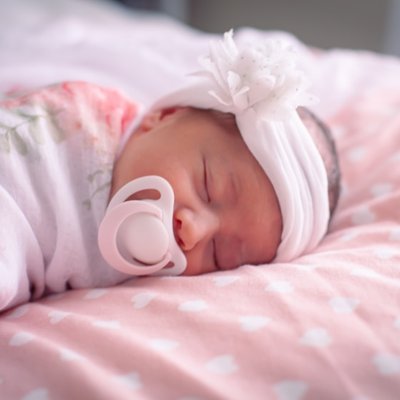- English to Spanish
- Dictionary
starter(
star
-
duhr
)A noun is a word referring to a person, animal, place, thing, feeling, or idea (e.g., man, dog, house).
1. (culinary)
a. la entrada (F)
(f) means that a noun is feminine. Spanish nouns have a gender, which is either feminine (like la mujer or la luna) or masculine (like el hombre or el sol).
I don't want a starter. I'd rather leave room for dessert.No quiero entrada. Prefiero dejar sitio para el postre.
b. el primer plato (M)
(m) means that a noun is masculine. Spanish nouns have a gender, which is either feminine (like la mujer or la luna) or masculine (like el hombre or el sol).
We had a starter of melon with Parma ham.Tomamos un primer plato de melón con jamón de Parma.
c. el entrante (M) (Spain)
(m) means that a noun is masculine. Spanish nouns have a gender, which is either feminine (like la mujer or la luna) or masculine (like el hombre or el sol).
Regionalism used in Spain
You can serve this as a starter or as a side dish.Esto se puede servir como entrante o guarnición.
2. (mechanics)
a. el motor de arranque (M) (automobile)
(m) means that a noun is masculine. Spanish nouns have a gender, which is either feminine (like la mujer or la luna) or masculine (like el hombre or el sol).
The starter has always worked perfectly.El motor de arranque siempre funcionó perfectamente.
b. el botón de arranque (M)
(m) means that a noun is masculine. Spanish nouns have a gender, which is either feminine (like la mujer or la luna) or masculine (like el hombre or el sol).
We found that the generator had a faulty starter.Descubrimos que el generador tenía un botón de arranque defectuoso.
3. (sports)
a. el juez de salida (M), la jueza de salida (F) (one who starts a race)
(m) means that a noun is masculine. Spanish nouns have a gender, which is either feminine (like la mujer or la luna) or masculine (like el hombre or el sol).
(f) means that a noun is feminine. Spanish nouns have a gender, which is either feminine (like la mujer or la luna) or masculine (like el hombre or el sol).
The starter fired his pistol and the runners were off.El juez de salida disparó la pistola y salieron los corredores.
b. el competidor (M), la competidora (F) (racer)
(m) means that a noun is masculine. Spanish nouns have a gender, which is either feminine (like la mujer or la luna) or masculine (like el hombre or el sol).
(f) means that a noun is feminine. Spanish nouns have a gender, which is either feminine (like la mujer or la luna) or masculine (like el hombre or el sol).
There were over 500 starters in the marathon.Hubo más de 500 competidores en el maratón.
a. el abridor (M), la abridora (F)
(m) means that a noun is masculine. Spanish nouns have a gender, which is either feminine (like la mujer or la luna) or masculine (like el hombre or el sol).
(f) means that a noun is feminine. Spanish nouns have a gender, which is either feminine (like la mujer or la luna) or masculine (like el hombre or el sol).
All our starters were hitting in double figures.Todos nuestros abridores marcaban más de diez carreras.
a. el cultivo (M)
(m) means that a noun is masculine. Spanish nouns have a gender, which is either feminine (like la mujer or la luna) or masculine (like el hombre or el sol).
How do you make a starter for sourdough bread?¿Cómo se hace el cultivo para el pan de masa madre?
Examples
Phrases
Other Dictionaries
Explore the meaning of starter in our family of products.
Random Word
Roll the dice and learn a new word now!
Want to Learn Spanish?
Spanish learning for everyone. For free.























